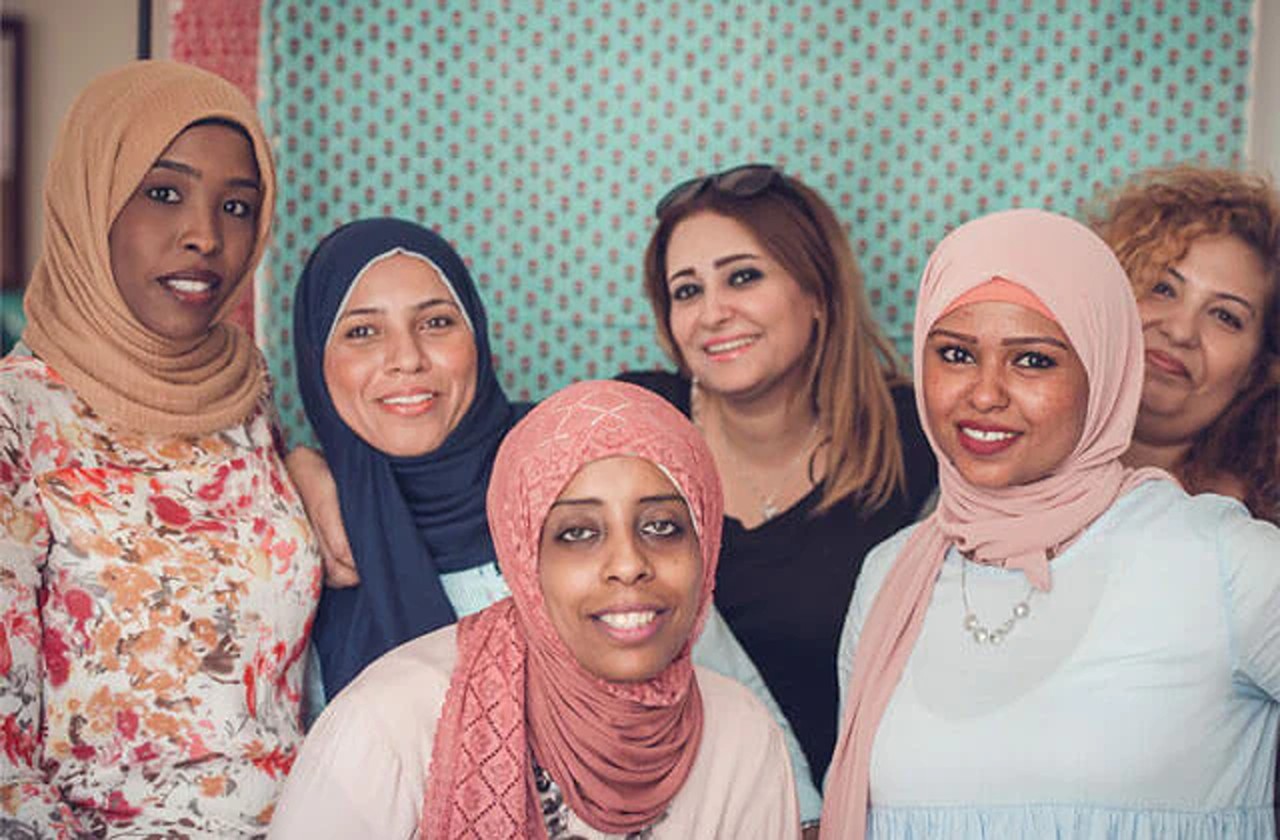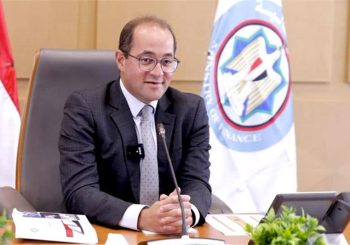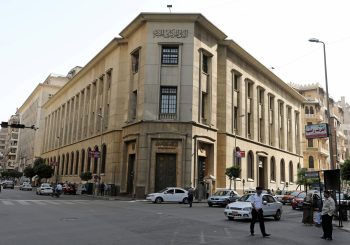Rebuilding, relocating, replacing, restabilizing — the refugee’s existence is a perpetual travel journey, lugging their hearts like overflowing suitcases. When stability no longer becomes a pre-fabricated reality, how can one cultivate stability, brick by brick, out of scratch?
Egypt is currently home to 8-9 million refugees from 133 countries. But beyond the staggering numbers, it is important to remember that they’re not just individuals, but also mothers, fathers, daughters, sons, and entire families looking to build a future not just for themselves, but also for their loved ones.
In response to the needs of Egypt’s refugee population, a dynamic landscape of independent organizations and non-profits has emerged over the years. Driven by both refugees and non-refugees, these entities share a singular mission: to reconstruct the shattered foundation of stability for those displaced from their homes.
The impact of these organizations goes far beyond the material gains; they offer a sense of hope in the face of despair and the unwavering will to rebuild.
Below is a list of organizations and businesses to support and empower:
Hopes For the Future
Hopes For the Future is a community school established in 2019 by architect Amal Rahal who left Sudan for Egypt in 2018. The school transcends the provision of basic education services, but it provides Sudanese students with opportunities for economic empowerment and cultural preservation
Sudanese children receive a crucial connection to their cultural heritage through their home country’s curriculum, offering a sense of normalcy and belonging in a foreign land. In addition to supplies of school items from UNHCR, it is sponsored entirely by the initiative’s funds.
Hopes For the Future also empowers Sudanese women through traditional beading techniques, not just preserving cultural heritage but also fostering economic independence. This initiative celebrates cultural expression while equipping women with valuable skills and entrepreneurial opportunities, enabling them to contribute to their families and communities.
Threads of Hope
Threads of Hope, established in 2017 by home linen company Malaika Linens, embodies a pioneering partnership between business and social impact. By offering comprehensive embroidery and beading training to refugees and migrants, Threads of Hope empowers them with marketable skills and secure employment within Malaika’s workforce.
But the impact extends far beyond the financial: Threads of Hope creates a safe haven, providing psycho-social support, focused group discussions, and trauma awareness sessions, fostering resilience and wellbeing.
Zeit Zeitoun
Zeit Zeitoun is one of the many refugee kitchens and restaurants that have been opened across Cairo by Syrian refugees. Lina Kassah, the founder, came to Egypt in 2013 with her husband and three kids shortly after the Syrian Civil War began.
Bridging the gap between financial vulnerability and community belonging, Zeit Zeitoun is a community-driven cooking project. Through the collective pooling of resources and labor, this initiative produces large quantities of food for catering services, empowering individuals facing hardship and actively promoting a sense of inclusion within the community.
Dawar Kitchen
Nestled in Ezbet Khairallah, one of Cairo’s largest informal settlements, lies Dawar Kitchen, a social enterprise dedicated to empowerment, community, and culinary heritage. Founded in 2018 as a sub-organization of the Cairo-based NGO Dawar for Arts and Development, Dawar Kitchen fosters dignity and resilience, offering refugee and Egyptian women a chance to rebuild their lives through food production and catering.
Dawar Kitchen provides dignified employment and valuable skills training in catering and food production, empowering women to gain financial independence. The kitchen celebrates both Egyptian and Syrian cuisine, passing down traditional recipes and techniques while adapting to local tastes and ingredients.
Beyond meals, Dawar Kitchen also organizes workshops and cultural events, celebrating heritage and fostering personal growth. This holistic approach addresses not just physical needs but also emotional well-being.
Abwab Elkheir Foundation
In the wake of the war on Gaza, the Abwab Elkheir Foundation swiftly mobilized to provide urgent support to stranded Palestinian families and students in Egypt. Their prompt action offered a lifeline to those facing displacement and financial hardship.
They provide financial aid to Palestinian students struggling to afford tuition fees, especially amidst the economic repercussions of conflicts. Recognizing the fundamental importance of shelter and sustenance, the foundation offers rent assistance to families who cannot afford housing and provides emergency aid to meet basic needs like food and healthcare.
Abwab Elkheir also fosters self-reliance by offering vocational training programs and microfinance opportunities, equipping individuals with the skills and resources to build a better future.






Comment (1)
[…] ظهرت في الأصل على […]